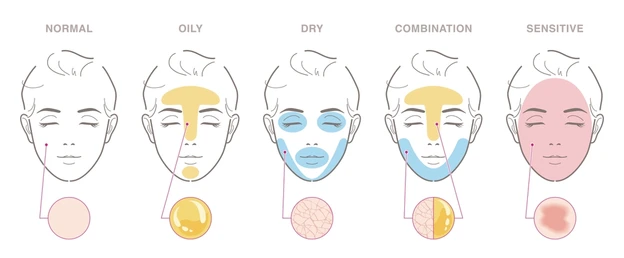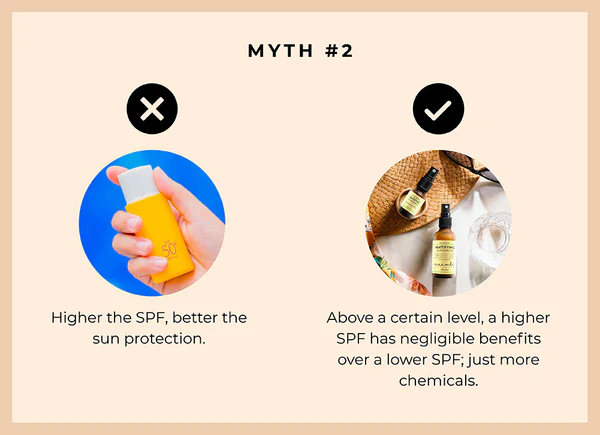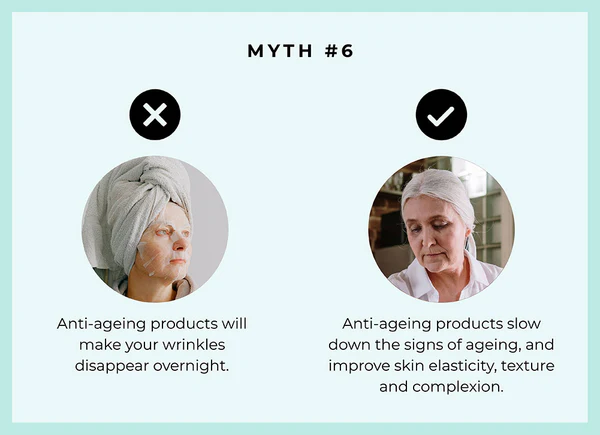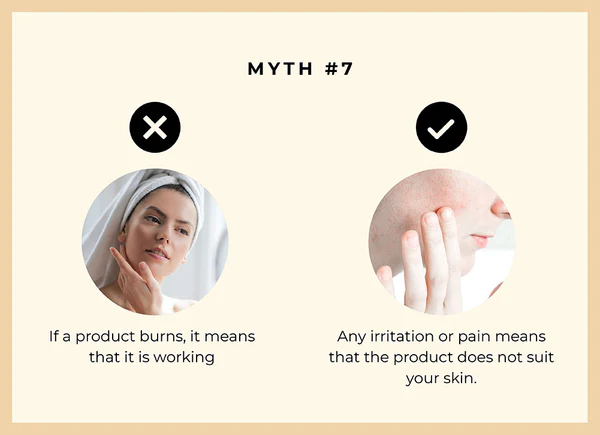Introduction
Welcome to our expert guide on how to find your skin type in 5 simple steps. Understanding your skin type is the first step towards achieving healthy, glowing skin. Each skin type—whether oily, dry, combination, or sensitive—requires specific care to maintain its balance and radiance. By identifying your skin type, you can tailor your skincare routine to address its unique needs effectively.
In this comprehensive guide, we’ll walk you through easy-to-follow steps and expert tips to help you determine your skin type at home. From observing how your skin feels to conducting simple tests, you’ll gain insights into what your skin craves the most. Knowing your skin type not only helps in selecting the right products but also ensures that your skincare regimen is both effective and enjoyable.
Why It’s Important to Find Your Skin Type
Finding your skin type is crucial for maintaining healthy and glowing skin. Here are the key reasons why identifying your skin type matters:
- Customized Skincare: Tailoring your skincare routine to your specific skin type ensures you’re using products that address your skin’s unique needs and concerns, whether it’s oiliness, dryness, sensitivity, or combination issues.
- Effective Product Selection: Choosing the right skincare products prevents adverse reactions and enhances their effectiveness. Products formulated for your skin type are more likely to deliver visible results.
- Prevention of Skin Issues: Using products not suited to your skin type can lead to irritation, breakouts, or worsen existing conditions like acne or dry patches. Understanding your skin type helps you avoid these pitfalls.
- Optimal Treatment Outcomes: Whether you’re targeting wrinkles, acne, or uneven skin tone, knowing your skin type ensures that treatments are tailored to address your specific concerns, maximizing their benefits.
- Cost and Time Efficiency: By using products that are suitable for your skin type, you avoid wasting money on ineffective products and save time spent on trial and error with skincare routines.
- Long-term Skin Health: A skincare regimen based on your skin type promotes long-term skin health, maintaining its balance and resilience against environmental stressors.
Embracing your skin type is the foundation for a healthy skincare routine and radiant complexion. It empowers you to make informed choices about the products you use, ensuring your skin receives the care it deserves.

How to Find Your Skin Type
Follow these steps to determine your skin type accurately:
1. Cleanse Your Face
Start by cleansing your face with a gentle cleanser and patting it dry. Do not apply any products afterward. This helps to remove any makeup, dirt, or oils that could interfere with the assessment.
Add an image of someone cleansing their face.
2. Wait for an Hour
Allow your skin to return to its natural state without any interference. During this time, your skin will settle back to its baseline condition, which is crucial for accurate observation.
3. Observe Your Skin
After an hour, look at your skin and note how it feels and appears:
- Oily Skin: Your skin will appear shiny, especially in the T-zone (forehead, nose, and chin). You may notice enlarged pores and potential acne or blackheads.
- Dry Skin: Your skin will feel tight and may have flaky or rough patches. Fine lines might be more visible.
- Combination Skin: You’ll notice oiliness in the T-zone but dryness or normal skin on the cheeks and other areas.
- Sensitive Skin: Your skin may show redness, itchiness, or irritation.

4. Blotting Paper Test
Press a blotting paper on different parts of your face (forehead, nose, cheeks, and chin). Hold it up to the light to see how much oil it has absorbed. Oily skin will leave significant oil marks; dry skin will leave little to no oil.
Add an image of blotting paper used on the face.
5. Assess Your Skin’s Reaction
Note how your skin feels after washing and throughout the day. Pay attention to any areas that feel particularly oily, dry, or irritated. This will help identify your skin type and its specific needs.
Characteristics of Different Skin Types
The unique characteristics of different skin types is pivotal in crafting an effective skincare regimen tailored to your needs. Whether you have oily, dry, combination, or sensitive skin, each type requires specific care to maintain its health and radiance.
1. Oily Skin:
- Characteristics: Oily skin is characterized by enlarged pores, a shiny appearance, especially in the T-zone (forehead, nose, and chin), and a tendency to develop acne and blackheads due to excess oil production.
- Skincare Needs: Opt for oil-free, non-comedogenic products that control shine and help prevent breakouts. Regular cleansing and exfoliation are essential to manage oiliness effectively.
2. Dry Skin:
- Characteristics: Dry skin feels tight, rough, and may appear flaky or irritated. It is more susceptible to fine lines and wrinkles due to lack of moisture.
- Skincare Needs: Choose rich, hydrating moisturizers that provide intense hydration and protect the skin barrier. Gentle cleansing and avoiding harsh ingredients help alleviate dryness.
3. Combination Skin:
- Characteristics: Combination skin exhibits both oily and dry areas. The T-zone tends to be oily (forehead, nose, and chin), while the cheeks may be normal or dry.
- Skincare Needs: Use products that balance hydration levels. Lightweight, non-greasy formulations work well for the T-zone, while richer moisturizers are suitable for drier areas.
4. Sensitive Skin:
- Characteristics: Sensitive skin is prone to redness, irritation, itching, and reactions to skincare products or environmental factors.
- Skincare Needs: Opt for gentle, fragrance-free products formulated to soothe and hydrate without causing further irritation. Patch testing new products is advisable to prevent adverse reactions.


Understanding these distinct skin types empowers you to choose skincare products and routines that cater to your skin’s specific needs, promoting a healthy and glowing complexion. Whether you’re addressing acne, dryness, or maintaining overall skin balance, selecting the right products ensures effective results and enhances your skincare journey.

Check Best Products for Your Skin Type
Tips for All Skin Types
Taking care of your skin is essential, regardless of whether you have oily, dry, combination, or sensitive skin. Here are some expert tips to help you maintain healthy and radiant skin, tailored to your specific skin type needs:
Stay Hydrated: Drink plenty of water throughout the day to keep your skin hydrated from within. Hydration is crucial for all skin types to maintain elasticity and suppleness.
Use Sunscreen Daily: Protect your skin from harmful UV rays by applying a broad-spectrum sunscreen with at least SPF 30 every day, regardless of your skin type. This helps prevent premature aging and reduces the risk of skin cancer.
Cleanse Gently: Use a gentle cleanser suitable for your skin type to remove dirt, oil, and impurities without stripping away natural oils. Avoid harsh cleansers that can disrupt the skin barrier.
Moisturize Regularly: Moisturize your skin twice daily to lock in hydration and maintain a healthy skin barrier. Choose a moisturizer formulated for your skin type—whether it’s lightweight for oily skin or rich for dry skin.
Practice Consistent Skincare: Develop a daily skincare routine that includes cleansing, moisturizing, and applying targeted treatments like serums or eye creams. Consistency is key to achieving visible improvements in skin texture and tone.
Eat a Balanced Diet: Incorporate fruits, vegetables, lean proteins, and healthy fats into your diet to nourish your skin from the inside out. A balanced diet supports overall skin health and radiance.
Manage Stress: Stress can exacerbate skin conditions like acne and sensitivity. Practice stress-reducing techniques such as meditation, yoga, or deep breathing exercises to promote skin health.
Consult a Dermatologist: If you have persistent skin concerns or need personalized advice, consult a dermatologist. They can recommend specific treatments and skincare products tailored to your skin type.
By following these tips, you can maintain healthy, balanced skin that looks and feels its best, regardless of whether you have oily, dry, combination, or sensitive skin. Incorporate these practices into your daily routine to support long-term skin health and achieve a glowing complexion.
Common Misconceptions About Skin Types
There are many myths about skin types that can lead to ineffective or even harmful skincare practices. One common misconception is that oily skin doesn’t need moisturizer. The fact is, all skin types need hydration to maintain a healthy barrier. Another myth is that sensitive skin only reacts to harsh products. In reality, sensitive skin can also be affected by environmental factors like pollution and weather changes. Believing that dry skin only needs more water is another myth; dry skin often needs richer, oil-based products to lock in moisture. Understanding these myths and the facts can help you take better care of your skin.








FAQs About Finding Your Skin Type
1: How do I know if my skin is sensitive? A: Sensitivity manifests as reactions to skincare products, weather changes, or stress, often causing redness, itching, or irritation. It’s a misconception that only harsh products trigger sensitivity; environmental factors play a significant role.
2: What defines combination skin? A: Combination skin features both oily and dry areas. The T-zone (forehead, nose, and chin) tends to be oily, while cheeks may be normal or dry. Proper care involves balancing hydration and oil control.
3: Can skin be both oily and dry? A: Yes, combination skin exhibits both oily and dry characteristics, requiring tailored skincare routines to address each area’s needs effectively.
4: Should I use different products for different areas of my face? A: Tailoring products to specific facial zones, like using oil-free products on the T-zone and richer moisturizers on dry cheeks, helps maintain balance.
5: Is a dermatologist’s consultation necessary to determine my skin type? A: While self-assessment is insightful, dermatologists provide precise evaluations and recommendations, particularly beneficial for complex concerns like acne or rosacea.
These FAQs debunk common myths and provide factual insights, guiding individuals toward understanding and caring for their unique skin types effectively.
Conclusion
Discovering your skin type empowers you to make informed decisions about your skincare regimen. By following the 5 steps outlined in this guide, you can uncover the specific characteristics of your skin—whether it’s oily, dry, combination, or sensitive—and adapt your routine accordingly. This personalized approach not only enhances the effectiveness of your skincare products but also promotes long-term skin health.
Remember, skincare is a journey, and understanding your skin type is the first milestone. Embrace the uniqueness of your skin type and enjoy the benefits of a tailored skincare routine that caters to your skin’s individual needs. Here’s to healthier, happier skin that radiates with confidence and vitality.

